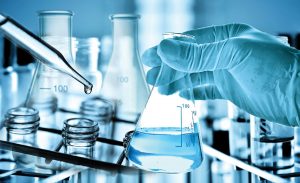
Chemical products are ubiquitous in our daily lives, from the food we eat to the clothes we wear. However, one chemical product stands out as the most common: petroleum. Petroleum is a complex mixture of hydrocarbons that is used in a wide range of applications, including transportation, energy production, and manufacturing.
One of the most well-known uses of petroleum is as a fuel for cars, trucks, and airplanes. Petroleum is refined into gasoline, diesel, and jet fuel, which power the vehicles that transport us and the goods we rely on. However, the use of petroleum as a fuel has significant environmental and health risks, including air pollution, climate change, and oil spills.
Petroleum is also used as a feedstock for the production of a wide range of chemicals, including plastics, fertilizers, and pharmaceuticals. Plastics, in particular, have become ubiquitous in our modern world, from water bottles to electronics. However, the production and disposal of plastics have significant environmental impacts, including pollution of oceans and landfills.
In addition to its uses in transportation and manufacturing, petroleum is also used as a source of energy for electricity generation. Power plants burn petroleum to produce steam, which drives turbines to generate electricity. However, the use of petroleum for electricity generation has significant environmental and health risks, including air pollution and greenhouse gas emissions.
Despite its many uses, the production and use of petroleum have significant environmental and health risks. The extraction of petroleum can lead to habitat destruction, water pollution, and oil spills. The combustion of petroleum products releases greenhouse gases and other pollutants into the air, contributing to climate change and respiratory diseases.
In conclusion, petroleum is the most common chemical product, with a wide range of uses in transportation, manufacturing, and energy production. However, its production and use have significant environmental and health risks, highlighting the need for sustainable alternatives and responsible management practices.


